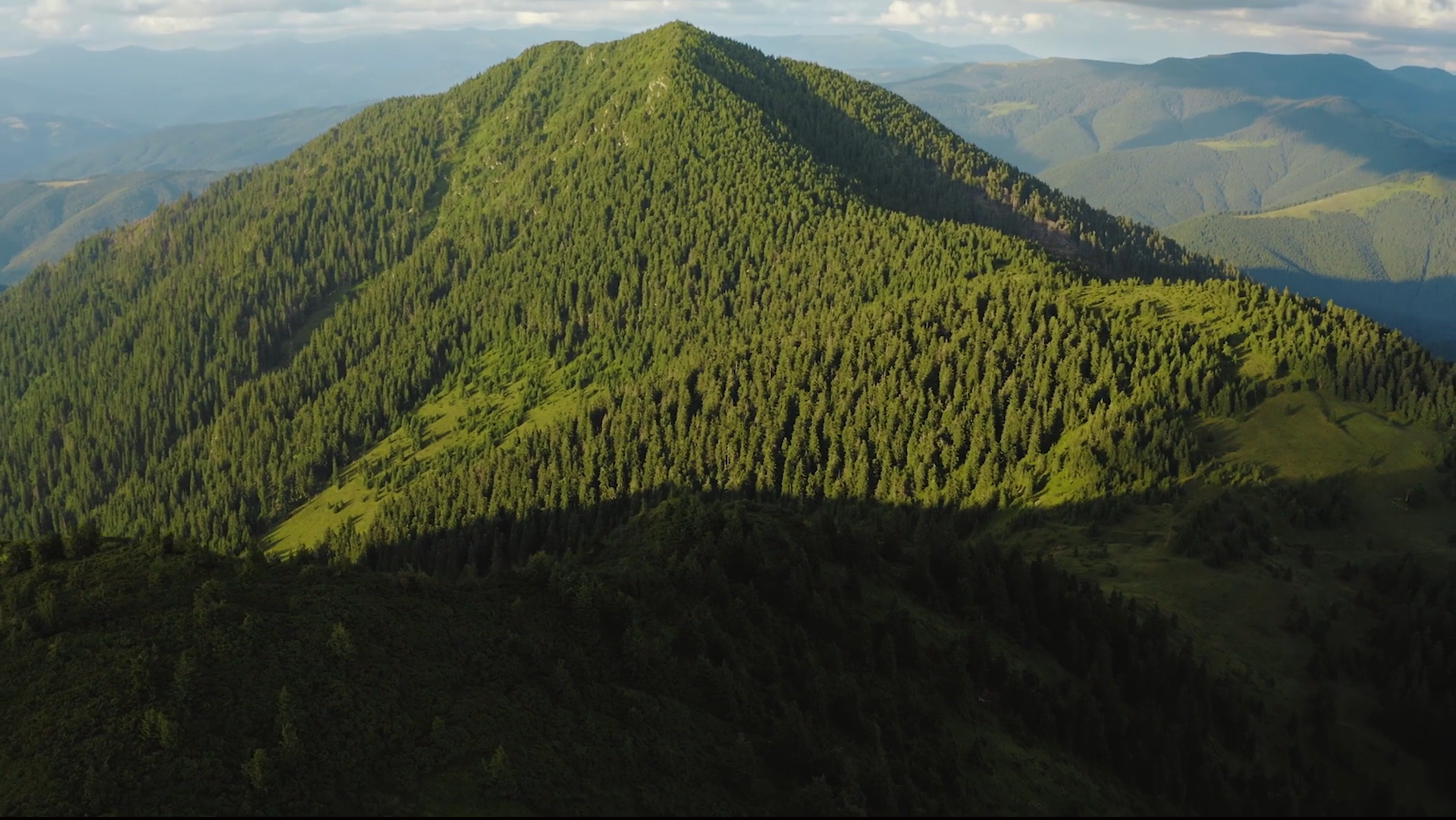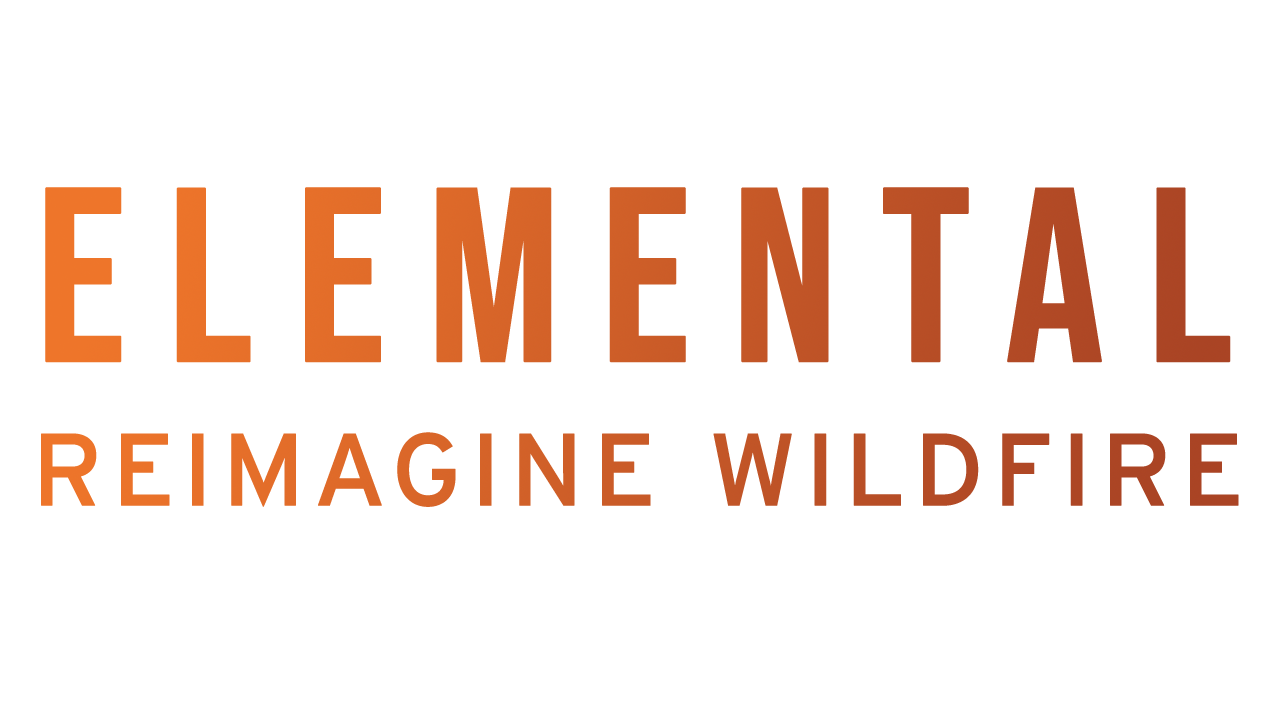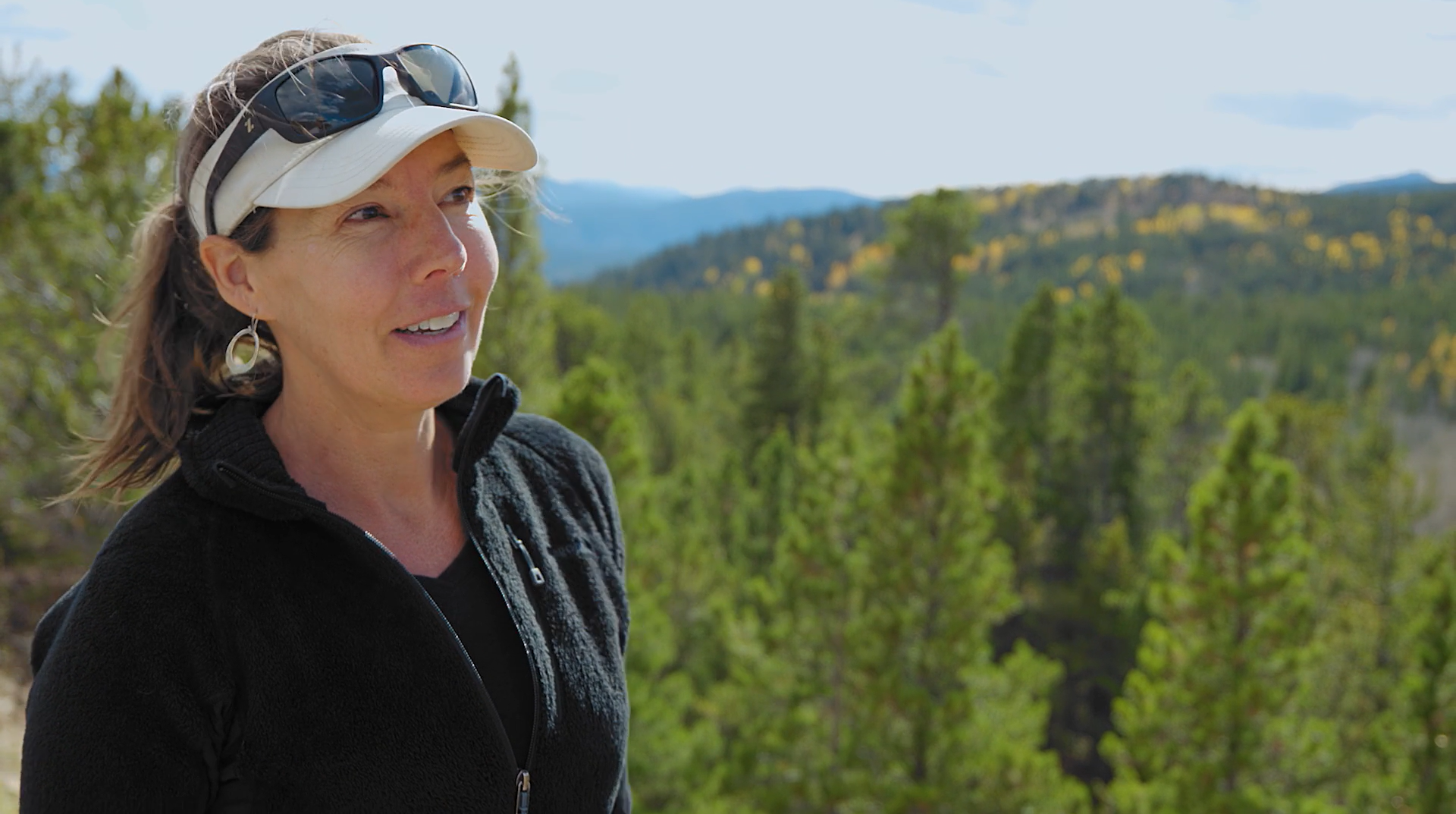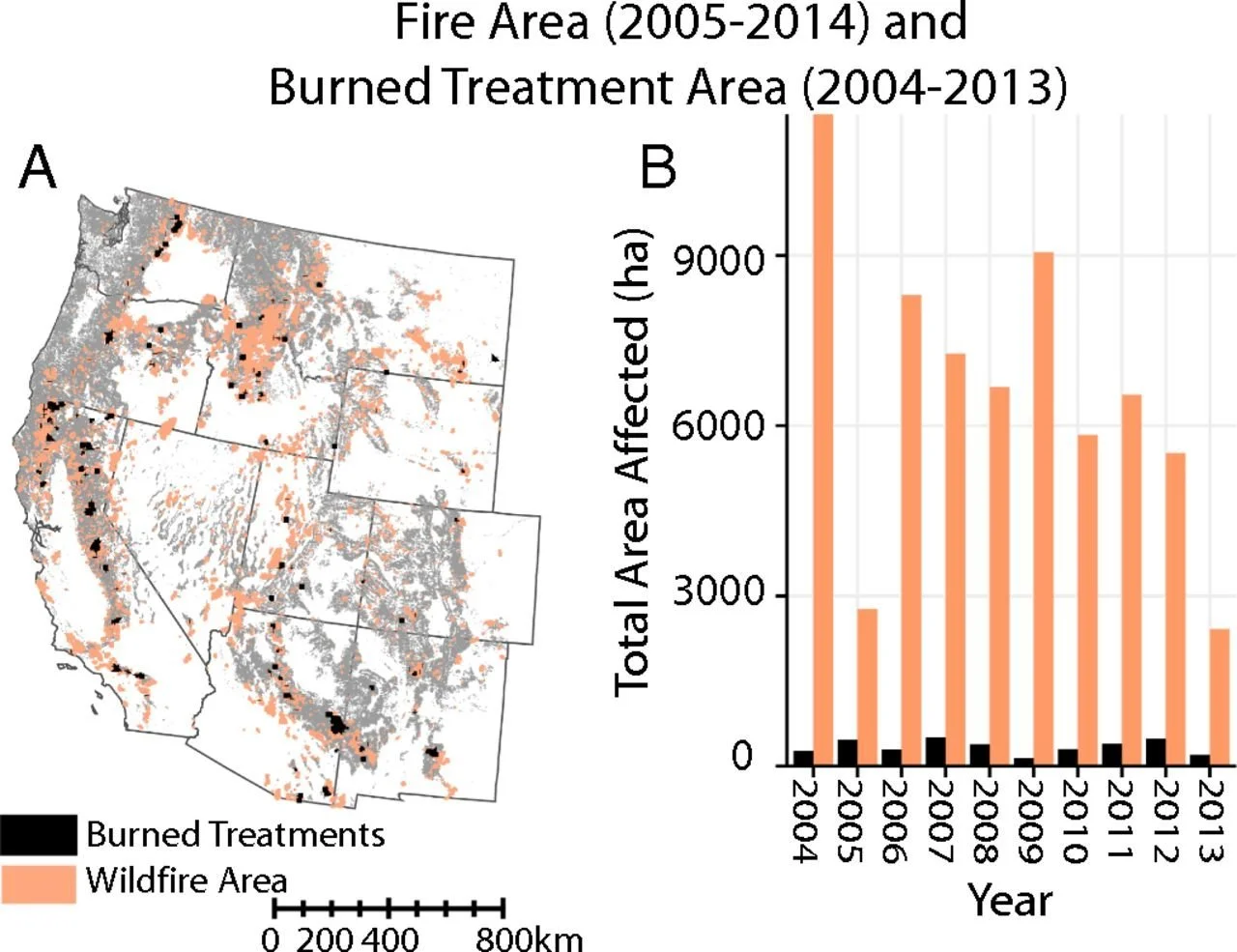
“The idea that we can fireproof this huge landscape of flammable material is simply an impossible task…it’s like trying to scoop water out of the ocean to make it less wet.”
- Tania Schoennagel, Ph.D., University of Colorado Boulder
Dr. Schoennagel studies the causes and consequences of western forest fires related to land management strategies such as forest thinning, as well as the correlation between climate change and fire intensity.
The wildland–urban interface is projected to experience substantially higher risk of climate-driven fires in the coming decades. Historically, policy and management have focused on resilience approaches aimed at resistance to wildfire and restoration of areas burned by wildfire through fire suppression and fuels management. Tania believes a more adaptive response is needed.

“A lot of fire treatments [such as thinning and logging] remain untested, and we don't know how well they will do under these extreme conditions.
Over the last decade and a half, less than 1% of the area treated even encountered a wildfire.”
- Dr. Tania Schoennagel, University of Colorado Boulder



